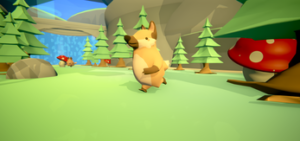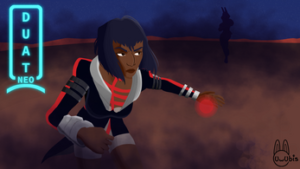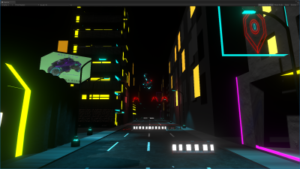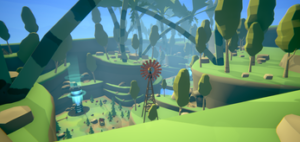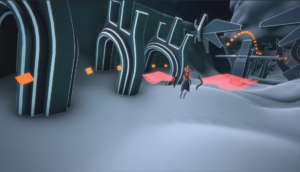What Is Minor Production?
If you’re new to how the Academy prepares for group projects, you’re in the right place.
This is one of the many things that sets us apart from most colleges, and it’s something we especially take pride in.
For many of the students, this will be their first foray into video game production.
Roles on each team are decided early on by the instructors. After all the stand-ups and SCRUM meetings, our 2019 Year 1 students have finally completed Minor Production Friday, July 19. So, what better time to explain to incoming students (and parents) what to expect.
Minor Production is dedicated time for Year 1 students to get together and create their first feature game. Each instructor gathers and assigns groups that become studio teams, based on student strengths and work styles, but still offering a team’s own unique set of challenges.
Instructors get together to designate Programmers, Artists, Designers and Producers early on. However, when the teams get together, they are guided into what naturally suits them best, whether it be a specialized or generalized role. No matter how many people make up a team, everyone must have an understanding from the start of a project of what they will contribute.
While some duties will intersect and may be reliant of other parts, there is no need for micro-managing, and most of the work is not expected out of one person to carry out. All teams strive for a balanced approach and will need to discuss what is realistically possible within scope among their team.
Each process is simulated and learned in a hands-on environment, but different than how lectures and workshops are taught. Each of the studios have doors that connect to each of the studios, and these stay open for ease of access and communication. This allows the students to roam freely for stand-ups, plan with the jumbo-sized dry-erase boards, etc., to ensure there is no disconnect from each role on the team.
Everyone on each team makes their own impact the game they create; from creating the game loop, to what it’s going to look like when published on Itch.io. However, because the teams have only so much time to release a game, students learn that creative disagreements and other social barriers need to be set aside in order to produce a quality game. Any discrepancies that take place during Minor Production are revisited and analyzed to improve for an even better Major Production, which takes place during Year 2.
Think you’re up for the challenge of Minor Production?
You can go that extra mile and impress your instructors by learning from prior years. Learn by playing the games created during Minor Production from prior years, write questions and ask about what each process was like for the teams. If you’d like to check out some of the previous games AIE students have created, visit AIE USA’s Itch.io page.
